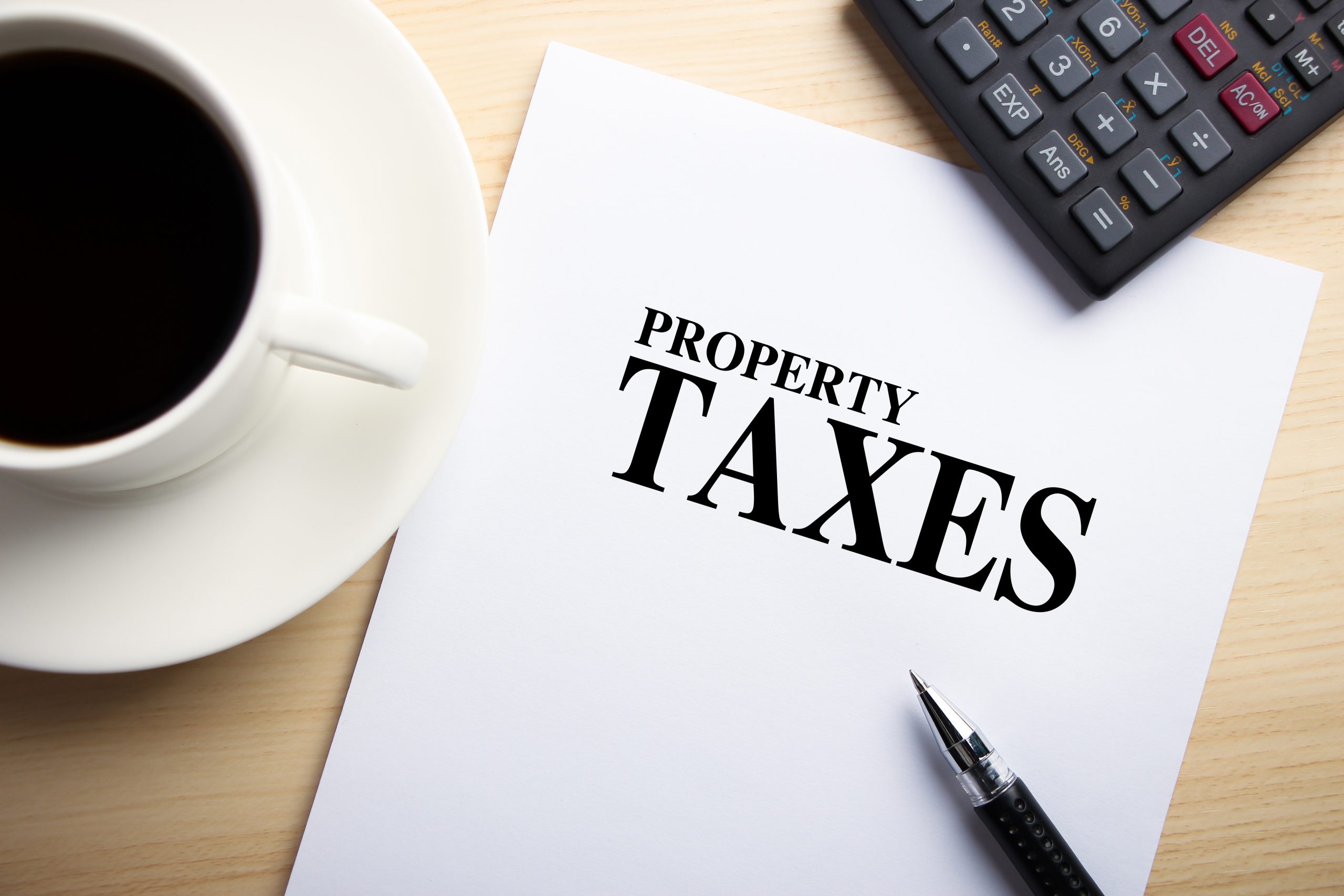Last month, the State Department of Housing and Community Development (“HCD”) announced that its Housing Accountability Unit (“HAU”) will conduct a first-ever Housing Policy and Practice Review of San Francisco, aimed at identifying and removing barriers to approval and construction of new housing in the City. According to the City’s self-reported data, it has the longest timelines in the state for advancing housing projects to construction, among the highest housing and construction costs, and the HAU has received more complaints about San Francisco than any other local jurisdiction in the state. U.S. Census data shows that Seattle – a city of comparable size – approves housing construction at more than three times the rate of San Francisco.
Over the next nine months and beyond, the HAU, in partnership with the U.C. Berkeley Institute of Urban and Regional Development and others, will conduct a comprehensive analysis of San Francisco’s housing approval policies and practices. The review will examine discretionary decision-making patterns that lead to abnormally long housing delays. The review also intends to identify barriers to the approval and development of housing at all income levels, including housing that is affordable to lower- and moderate-income households.
Separately, in an August 8 letter to Planning Director Rich Hillis, HCD was both critical and encouraging of the City’s Draft Housing Element. California cities are required to update their General Plan Housing Elements by January 2023. HCD praised the City’s “bold and meaningful actions to both reduce barriers to higher-opportunity neighborhoods while simultaneously reinvesting in historically underserved neighborhoods.” Yet HCD also identified a number of revisions that would be necessary for the Housing Element to comply with state law.
In yet another letter on August 11, HCD asked the City to explain itself concerning a specific project approval, expressing concern that the City violated housing law. HCD was concerned with the City’s decision, in granting conditional approval, to downsize a 19-unit group housing project at 3832 18th Street in the Mission District. HCD expressed concern that the downsizing violated the State Density Bonus Law.
This project-specific letter follows HCD’s letter to the City last November expressing concern that the City’s denial of two large housing projects, at 450 O’Farrell Street and 469 Stevenson Street, may have violated state law. In those cases, the Planning Commission had approved the projects, but the Board of Supervisors denied them.
The aforementioned Housing Accountability Unit at HCD is part of an unprecedented new initiative to support the production of housing statewide. According to its website, “California’s housing crisis has reached historic proportions despite the passage of numerous laws intended to increase the supply of housing affordable to Californians at all income levels.” As part of the 2021-2022 state budget, HCD received additional staff to grow its accountability efforts and formed the HAU. The HAU holds jurisdictions accountable for meeting their housing element commitments and complying with state housing laws. One of its primary tools is technical assistance to the public and enforcement letters. More information on these powers is available at the HCD website.
San Francisco Real Estate Tax Appeal Deadline
The deadline for San Francisco property owners to appeal their property’s value for the 2022/2023 tax year is September 15, 2022. Deadlines for other California counties vary. Please contact Kevin Rose (krose@reubenlaw.com) if you have questions about the tax appeal process.
Authored by Reuben, Junius & Rose, LLP Attorney Thomas P. Tunny.
The issues discussed in this update are not intended to be legal advice and no attorney-client relationship is established with the recipient. Readers should consult with legal counsel before relying on any of the information contained herein. Reuben, Junius & Rose, LLP is a full service real estate law firm. We specialize in land use, development and entitlement law. We also provide a wide range of transactional services, including leasing, acquisitions and sales, formation of limited liability companies and other entities, lending/workout assistance, subdivision and condominium work.



